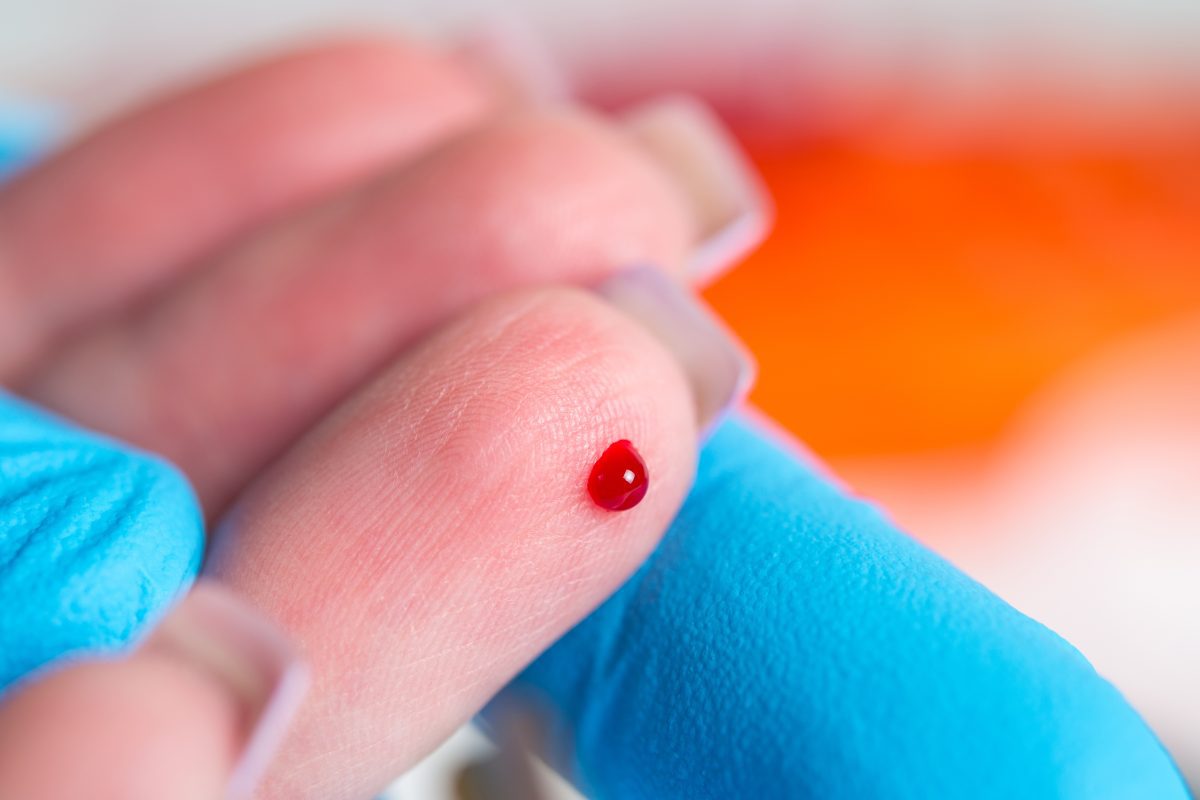Blood Borne Virus Testing

Blood Borne Virus (BBV) testing provides peace of mind and plays a vital part in individual and public health.
By getting tested, you are taking a proactive step towards early detection, treatment and prevention.
Why get tested?
BBV’s such as hepatitis B, hepatitis C and HIV can sometimes go undetected for many years. This is because you might not experience any symptoms in the early stages.
Early testing supports with:
- Timely diagnosis – Finding out that you are positive before symptoms start to appear.
- Effective treatment – access to treatment in the early stages can support with curing or managing the virus, preventing more serious complications from taking effect.
- Reduced transmission – early detection, treatment and awareness of preventative measures that need to be taken (i.e.: contraception) can help prevent the spread of the virus to someone else.
- Breaking stigma – normalising testing and awareness of how quick and easy it is to get tested can help people feel more encouraged to come forward and get tested, reduce stigma and address health inequalities within our communities.
How are BBVs transmitted?
BBVs are primarily transmitted through blood-to-blood contact. Some of the more common ways that they are spread transmitted:
- Sharing injecting or snorting equipment when taking drugs (i.e.: needles when injecting heroin or sharing a bank note when snorting powder cocaine).
- Unprotected sex
- Sharing personal items like razor blades or toothbrushes
- Tattooing with unsanitary equipment
- Exposure to infected bodily fluids (common in the case of hepatitis B).
What we test for at County Durham Drug and Alcohol Recovery Services
Our testing services cover:
- Hepatitis C
- Hepatitis B
- HIV
These viruses can go unnoticed for years, and can cause serious, long term health problems if left untreated.
We offer simple, fast and effective testing services at our centres.
Speak to a worker about getting tested.


